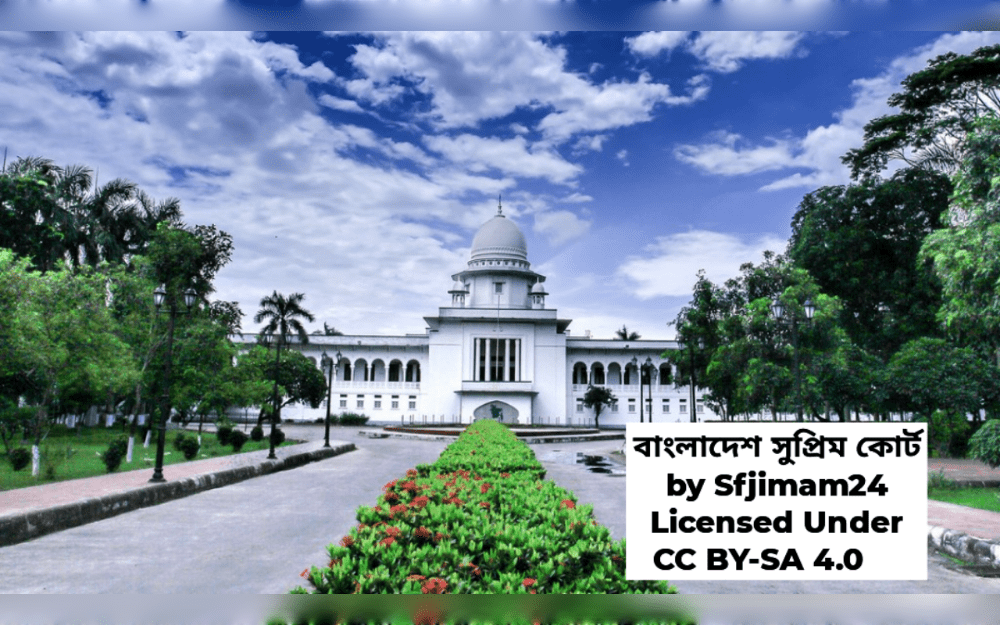The Supreme Court scaled back – but did not abolish – contentious quotas for government jobs.
Jesmin Papri and Ahammad Foyez/Dhaka

Bangladesh’s top court on Sunday cut back a divisive quota system for government jobs that had ignited days of nationwide unrest in which at least 130 people have been killed.
The Bangladesh Supreme Court threw out a High Court decision made in June which reinstated the contentious quotas after the government canceled them in 2018.
The court’s Appellate Division ordered that recruitment for 93% of government jobs must be merit-based, 5% be allocated to the relatives of freedom fighters, 1% for minority ethnic groups, and the remaining 1% for individuals with disabilities and those who recognized as a third gender.
Previously 56% of government jobs were allocated under the quota system, including 30% for relatives of veterans who fought in the 1971 independence war and 10% for women.
The High Court decision triggered mass student demonstrations that snowballed into the worst political violence in Bangladesh in more than a decade.
University students clashed for days with security forces and government supporters. The death toll from the civil unrest that started Tuesday is at least 130 nationwide, according to a count by BenarNews based on information from hospitals.
The question now is whether Sunday’s ruling – which does not abolish the quotas – will appease protesters who are demanding justice for people killed in the unrest, as well as the resignation of Prime Minister Sheikh Hasina.
The demonstrations have morphed into wider protests that have highlighted discontent with 76-year-old’s rule.
Critics say she has steadily clamped down on dissenting voices and consolidated power in her hands over the past 15 years.
At the same time, she has failed to provide adequate job opportunities for Bangladesh’s 170 million people, especially the young.
Nearly 40% of 15 to 24-year-olds in Bangladesh – about 12.2 million people – are neither students nor employed, according to official data.
Speaking to the court on Sunday, a spokesman for the freedom fighters, Shah Monjurul Hoque, said that independence veterans had no objection to the reform.
Z.I Khan Panna, an expert lawyer who was invited to participate in proceedings as an amicus curiae, told reporters the quota system might be reviewed again because the 10% allocation for women was totally dropped.
Bangladesh authorities imposed a curfew on Friday and security was tight in the capital Dhaka ahead of the court decision on Sunday.
Soldiers patrolled the streets and residents were unable to leave their homes, except for a two-hour period in the afternoon when people were allowed to buy food and other necessities.
A widespread internet blackout has restricted social media and mobile internet services, with major media outlets offline.
Copyright ©2015-2024, BenarNews. Used with the permission of BenarNews














